The Urgent Race to Net Zero: Exploring African Priorities for COP26
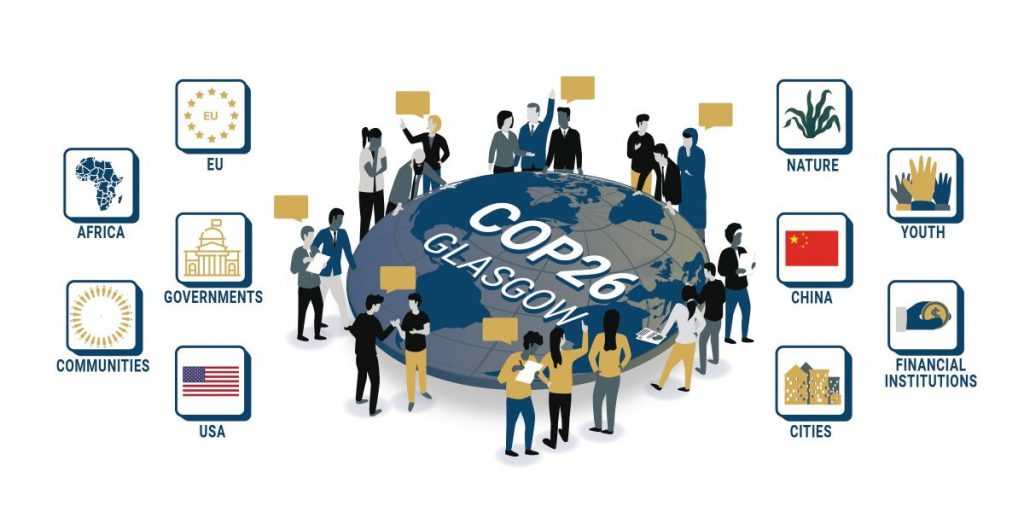
The global COVID-19 pandemic has marked a turning point in business-as-usual practices, highlighting the need to re-think and re-establish economy-wide norms based on systemic sustainability and equity considerations.
Nuclear energy: A possible solution to Africa’s electrification shortfalls

Access to reliable sources of electricity has become the bedrock of socio-economic development in the 21st century.
Estimating the Economic Impact of Chinese BRI Investment in Africa
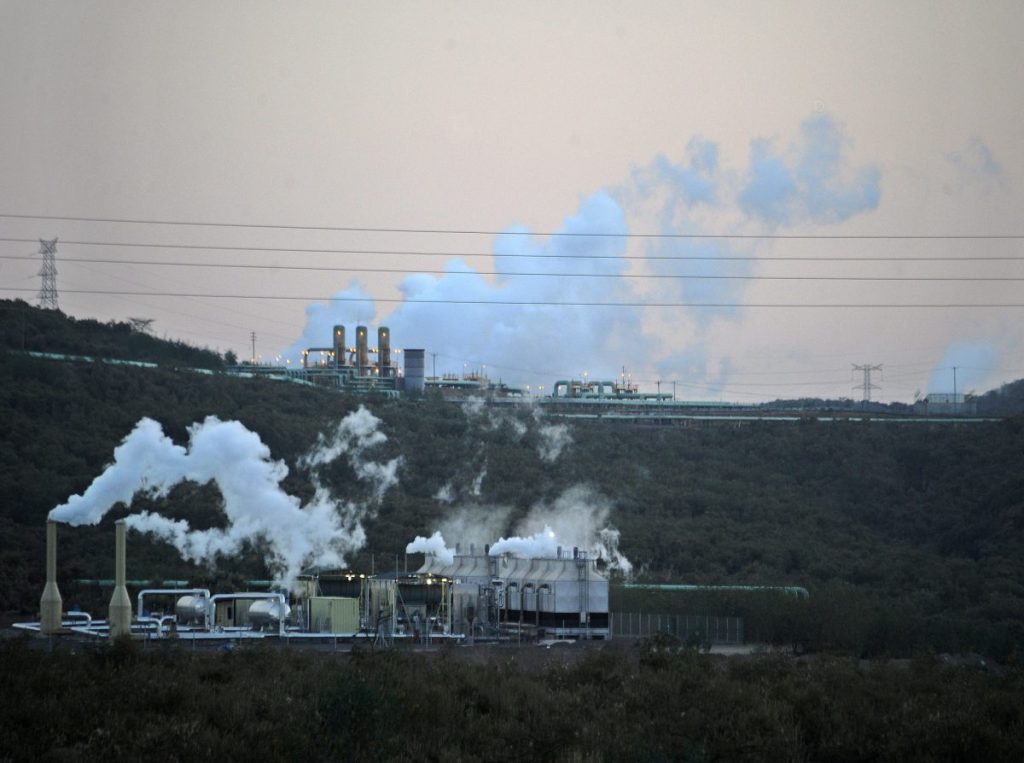
China’s investment in African infrastructure as part of its Belt and Road Initiative has proven to be both transformative and controversial. While investment projects are helping Africa to close its infrastructure gap, they have also raised fears of runaway debt levels.
The Nuclear Weapons Ban Treaty: An African Perspective
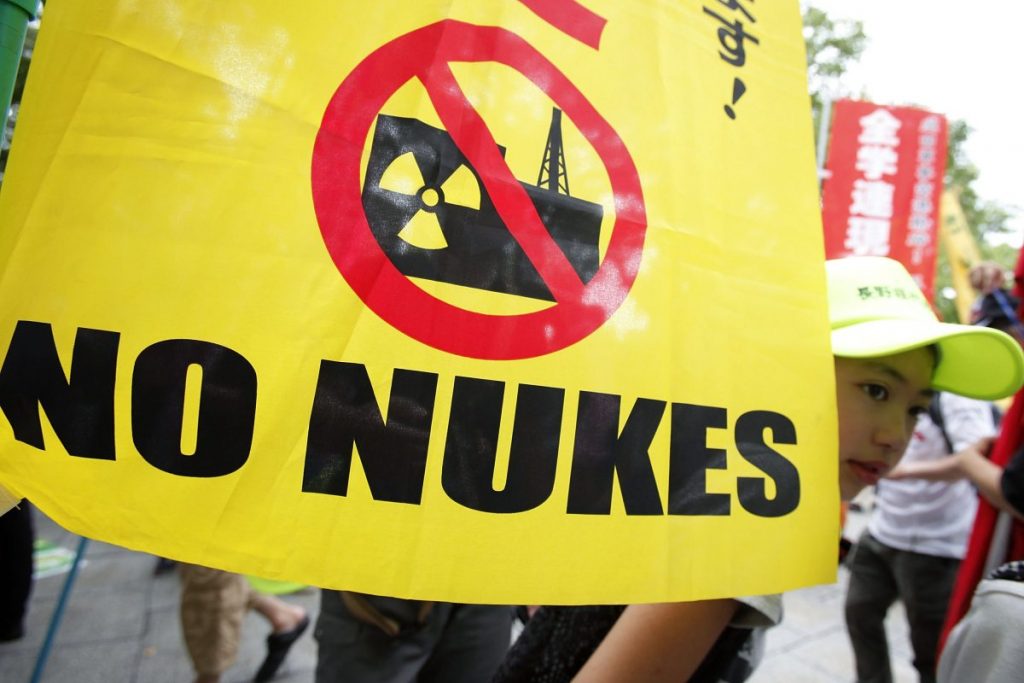
This policy insight examines the entry into force of the Treaty on the Prohibition of Nuclear Weapons (TPNW, also known as the Ban Treaty) from an African perspective.
This youth month let’s reimagine our future

Every year on 16 June, South Africa celebrates Youth Day, honouring the student and youth uprisings that profoundly changed the socio-political landscape of South Africa. Celebrating this day gives us the opportunity to look back, to remember where we have come from and what we have been fighting for.
Developments in Paperless Trade: Implications for Zambia’s Small-Scale Cross-Border Traders
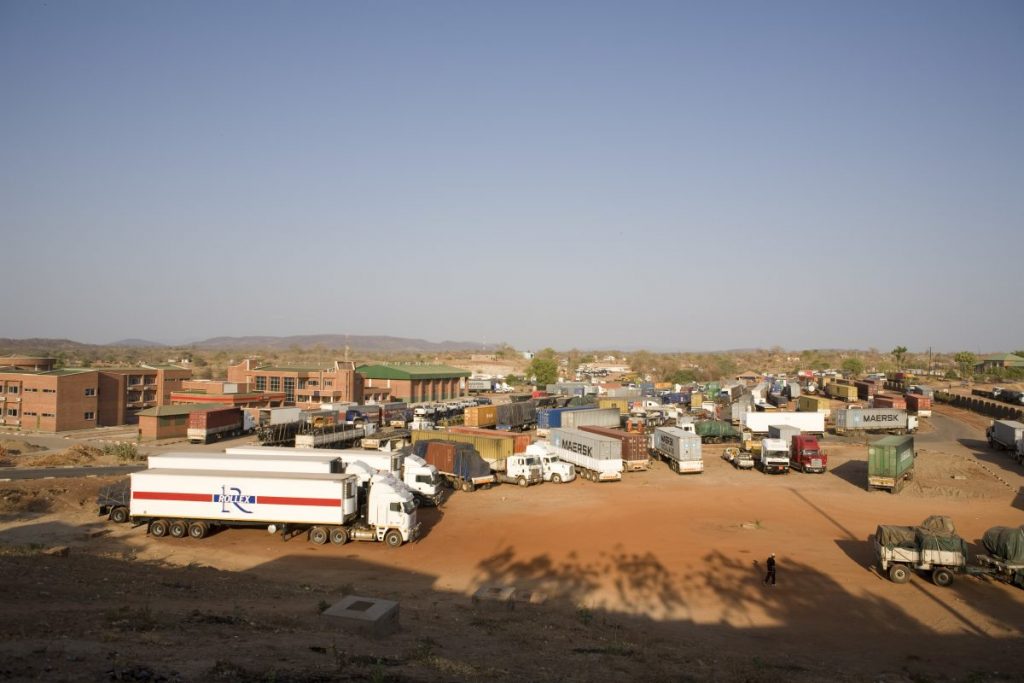
The Trade Facilitation Agreement is an important regulatory framework designed to promote efficiency and predictability in international trade, specifically with respect to the clearance, release and movement of goods.
Can Kinshasa’s changing relations mark a new chapter for eastern DRC?
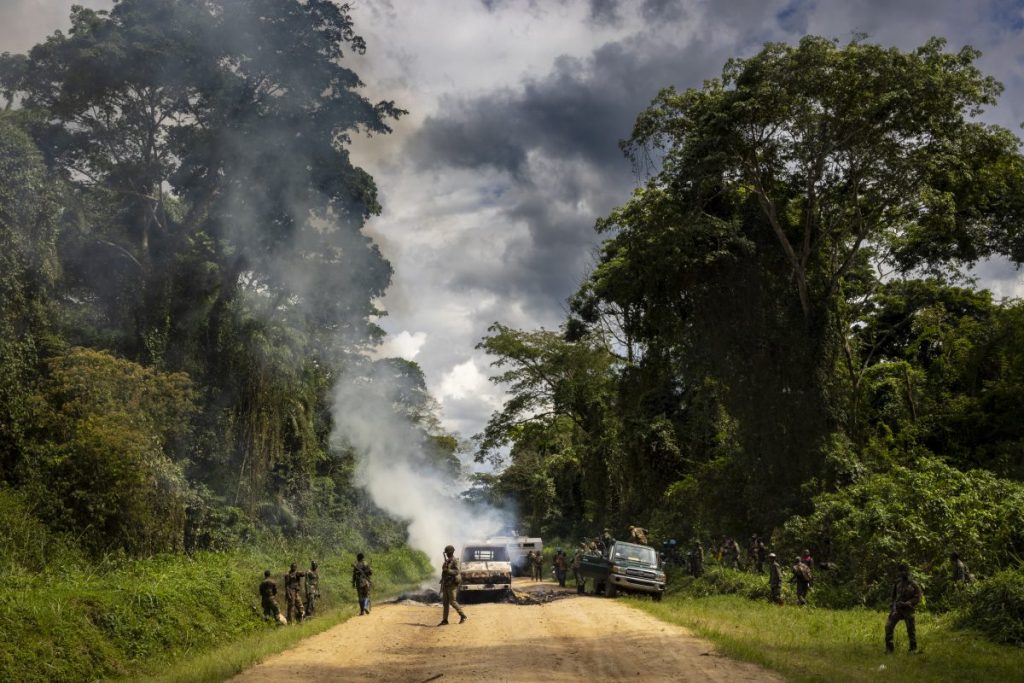
Since President Tshisekedi took office in 2019, the Congo’s relations with key neighbours have changed significantly.
Africa’s Restoration Economy: Insights from South Africa’s Wetlands
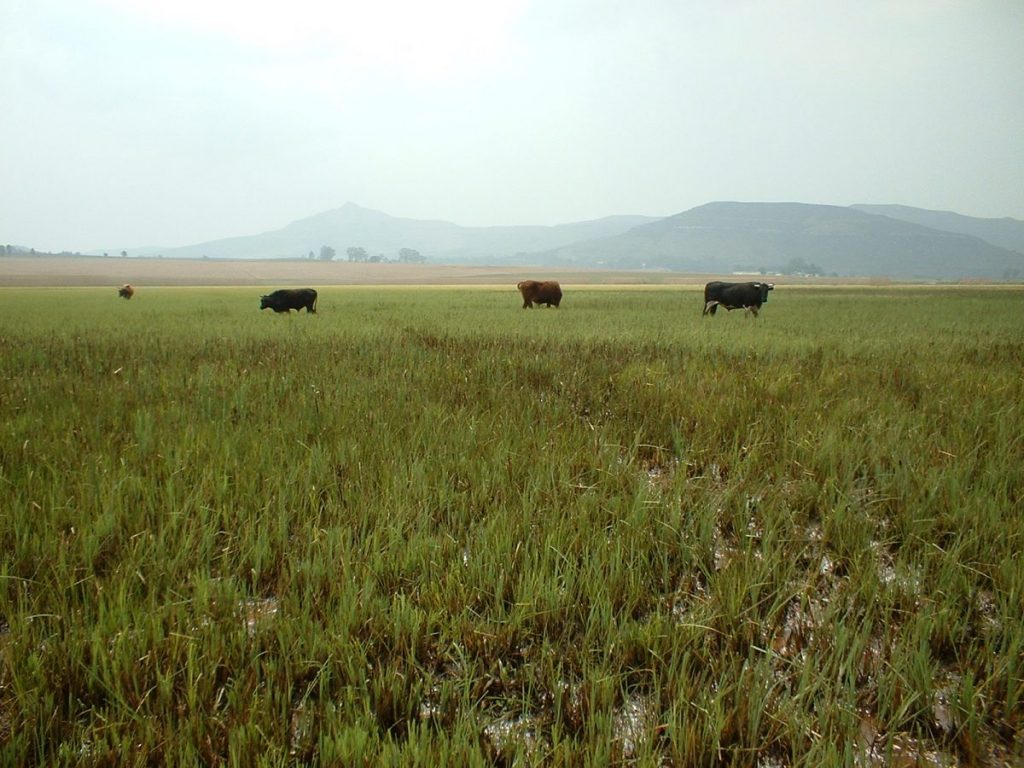
Across Africa, people are looking for hope, opportunity and security in the face of growing threats to society and the natural resource base on which we all depend.
G7 summit: SA can help strengthen climate diplomacy
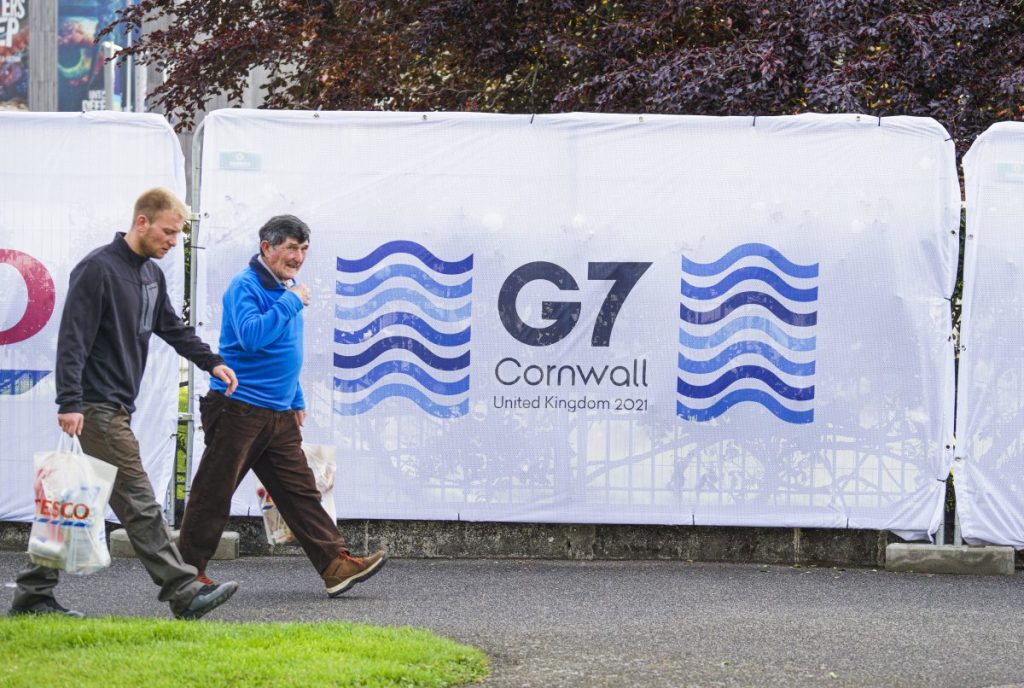
South Africa could be part of a global collective strategy to retire coal within developing economies. SA, together with India, South Korea and Australia, will be a guest at the G7 Leaders’ Summit this week.
100 Seconds to Midnight: What Could be Done to Bolster Nuclear Disarmament Globally?
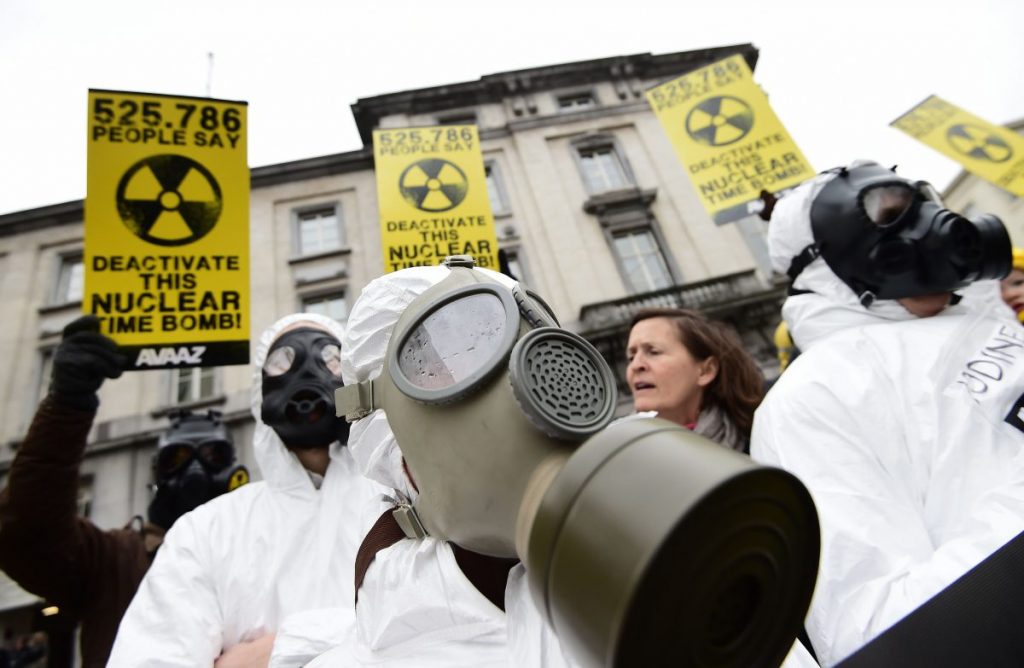
This policy briefing assesses the current state of global nuclear disarmament against the background of the Bulletin of the Atomic Scientists’ adjusting its Doomsday Clock to 100 seconds to midnight on 23 January 2020, as well as the global COVID-19 pandemic.
